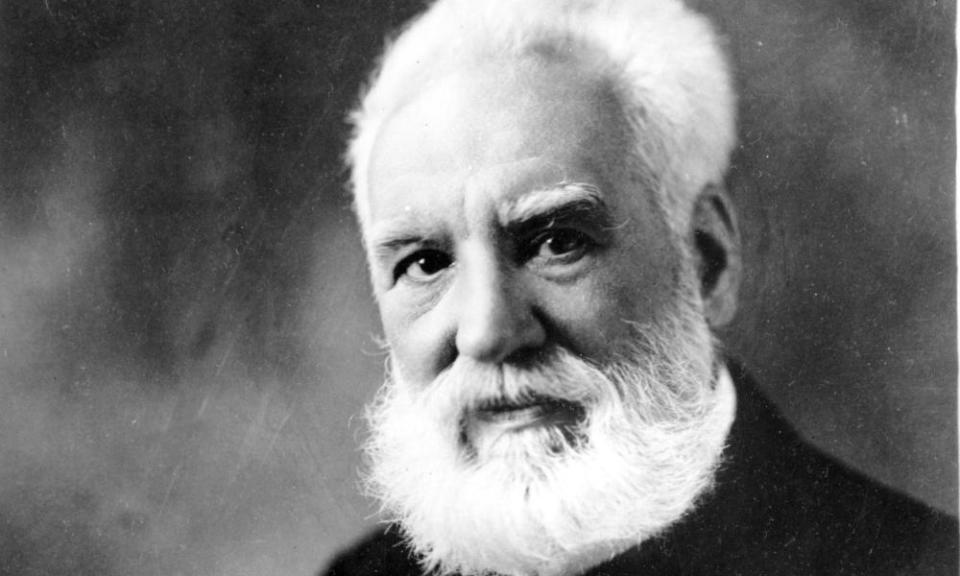Alexander Graham Bell descendants hit back after tax official queries inventor's legacy
Canadian tax adjudicator said ‘I am not a fan of his claim to fame’ during dispute over tax on Bell’s sprawling estate in Nova Scotia

Descendants of Alexander Graham Bell have accused a Canadian tax adjudicator of bias after he questioned, during a dispute over a hefty property tax assessment, the legitimacy of Bell’s claim to have invented the telephone.
Bell, who was born in Edinburgh but spent much of his life in Canada, is widely credited with patenting the first telephone in 1876. He later founded the telecommunications company AT&T.
But that history has been challenged in a tax dispute over Bell’s sprawling estate of Beinn Bhreagh Hall in the province of Nova Scotia.
According to provincial authorities, the property is worth C$885,000 – a figure Bell’s descendants say is almost twice what they think it’s worth. They argue that because the 125-year-old site is a heritage property, mandatory maintenance costs diminish its market value.
The row deepened last year when tax adjudicator Raffi Balmanoukian issued a written decision in the case, saying: “I confess I am not a fan of [Bell’s] claim to fame.”
Balmanoukian noted that an Italian American inventor filed a caveat – the precursor to a patent – for a similar device in 1871, five years before Bell. “If Antonio Meucci had renewed his patent office caveat for his ‘sound telegraph’ this appeal may not have been before me today,” he wrote.
“With all due respect, sir, I can tell you that no serious historian of early telecommunications takes the Meucci claims seriously,” wrote Edwin Grosvenor, a historian and Bell’s great-grandson, in a letter of appeal.
Balmanoukian declined to provide additional comment to the Guardian, noting that a new hearing will be held on the case in May.
This is not the first time Bell’s work has been the subject of dispute: in 2002, the US House of Representatives passed a resolution recognizing Meucci’s contributions to the development of the telephone. Canada’s parliament retaliated quickly, unanimously passing a motion affirming Bell as the inventor of the device.
Nicole LaFosse, the owners’ lawyer, said he hoped the May hearing will allow the case to be “reset”. She said: “We’re focusing predominantly on the valuation aspect, we’re not going to focus on the bias.”
“This is not to say that for the appellant all is lost for all time,” wrote Balmanoukian in his original decision. “I indulge myself by saying, ‘Please hang up and try your call again.’”

